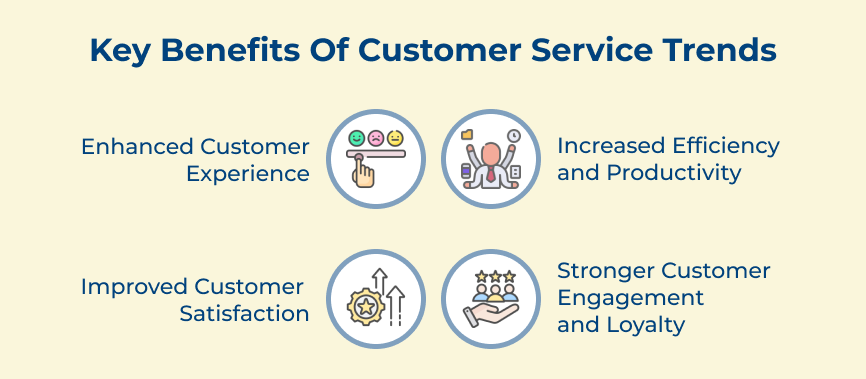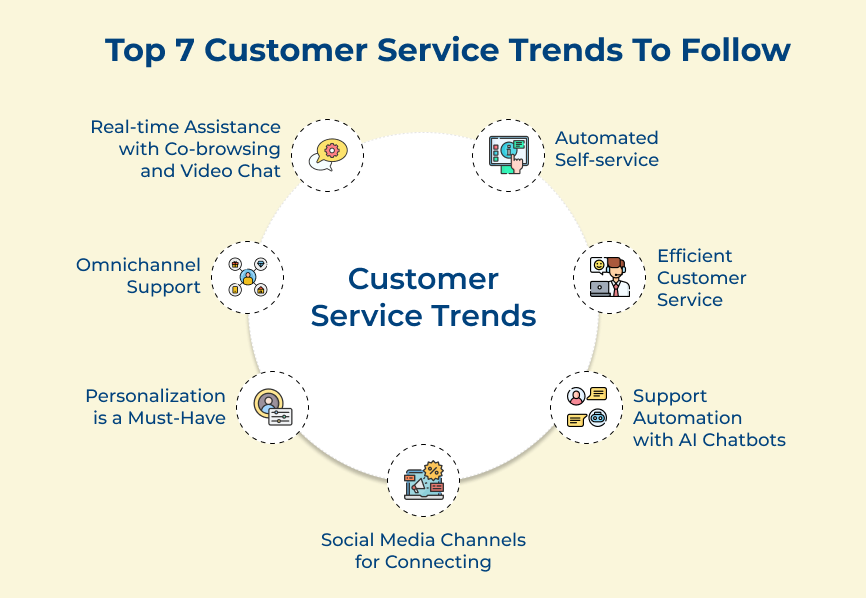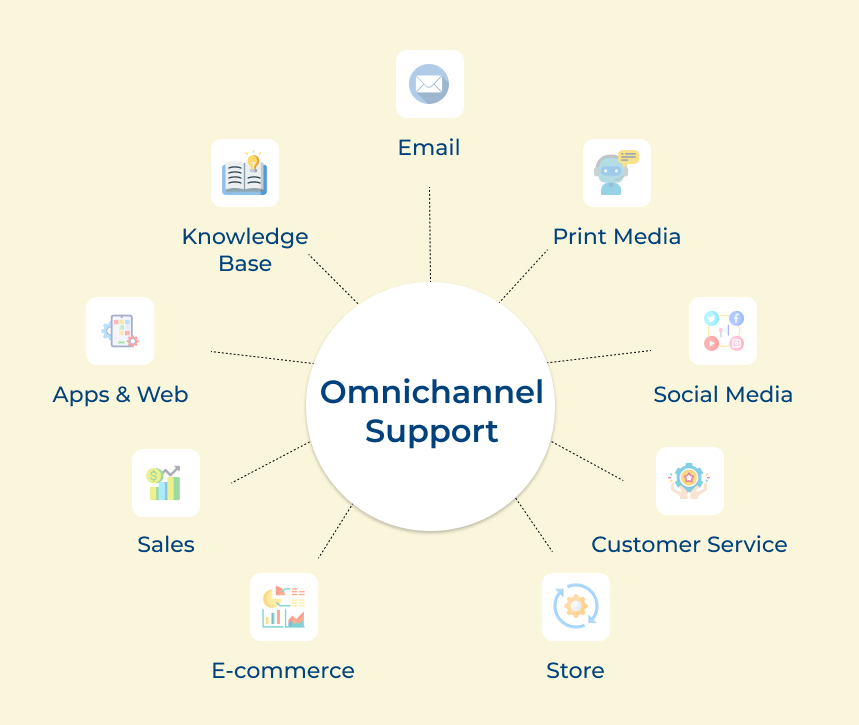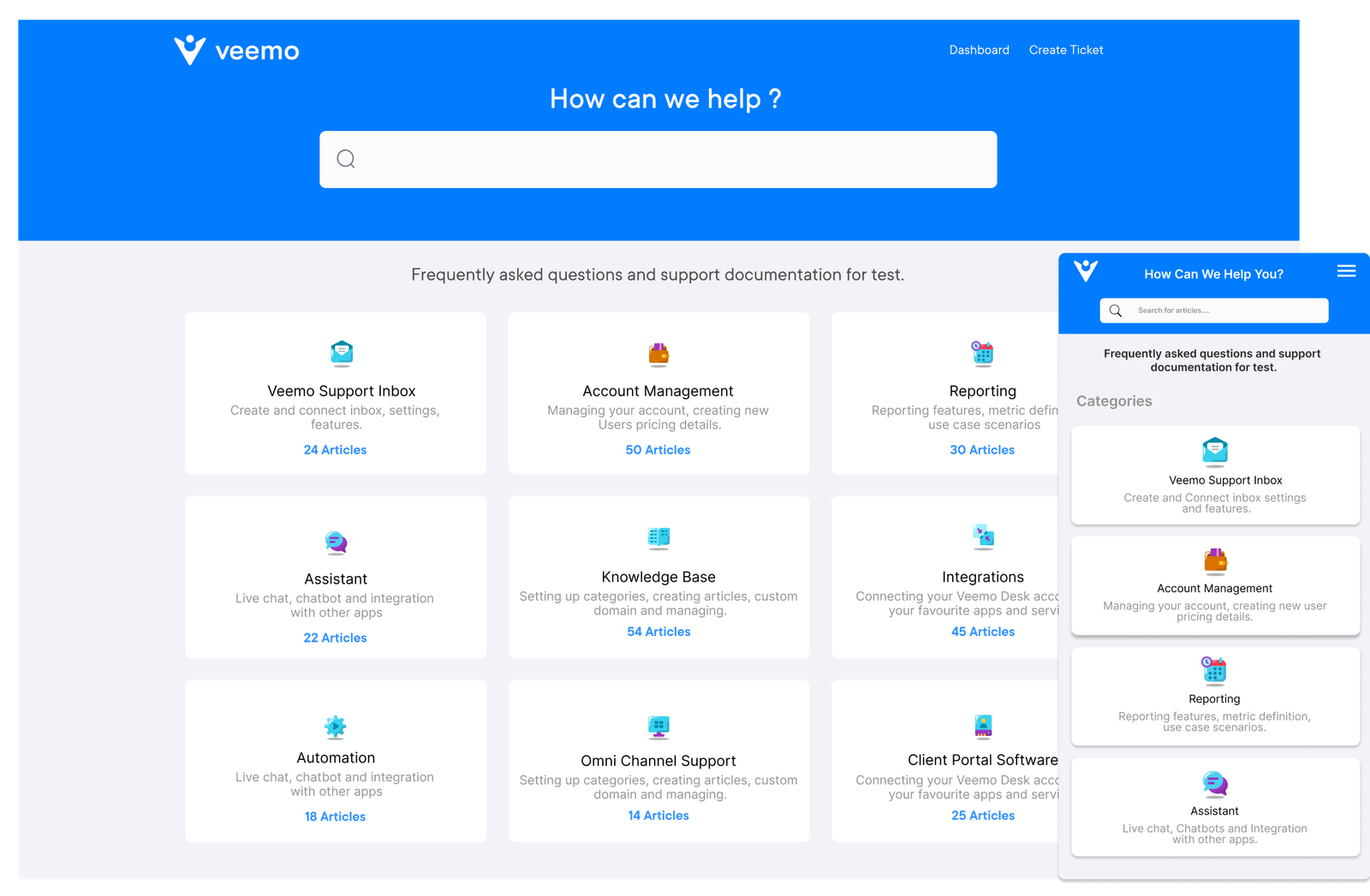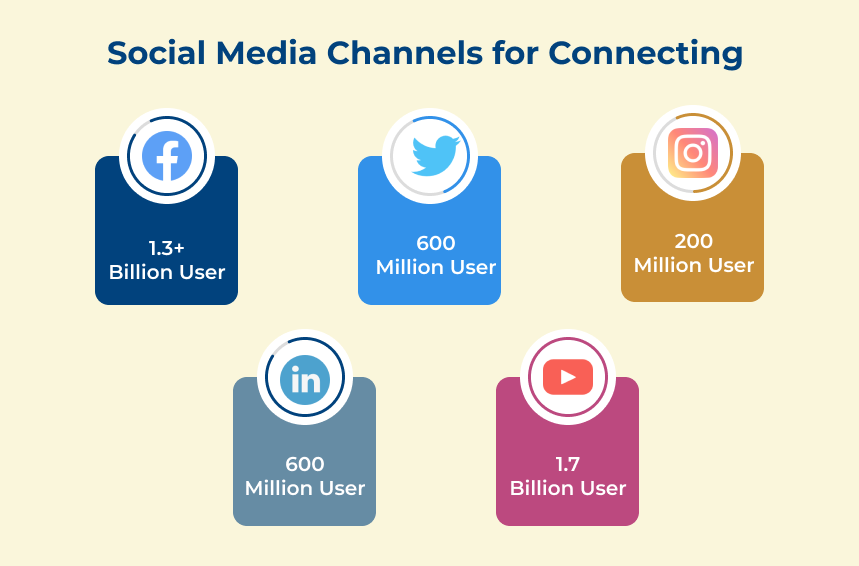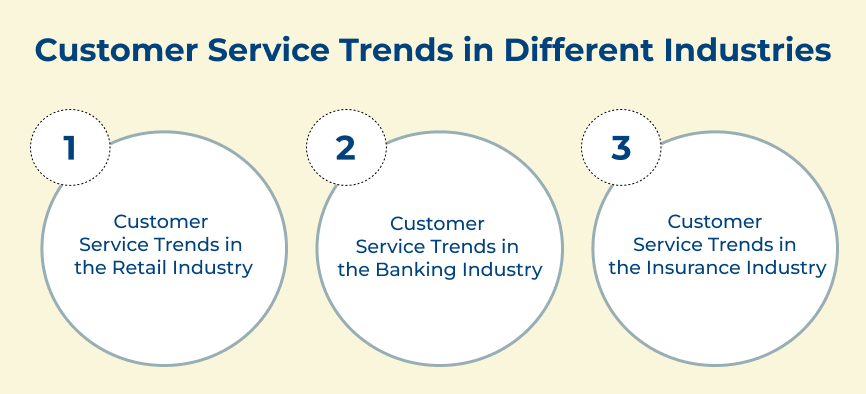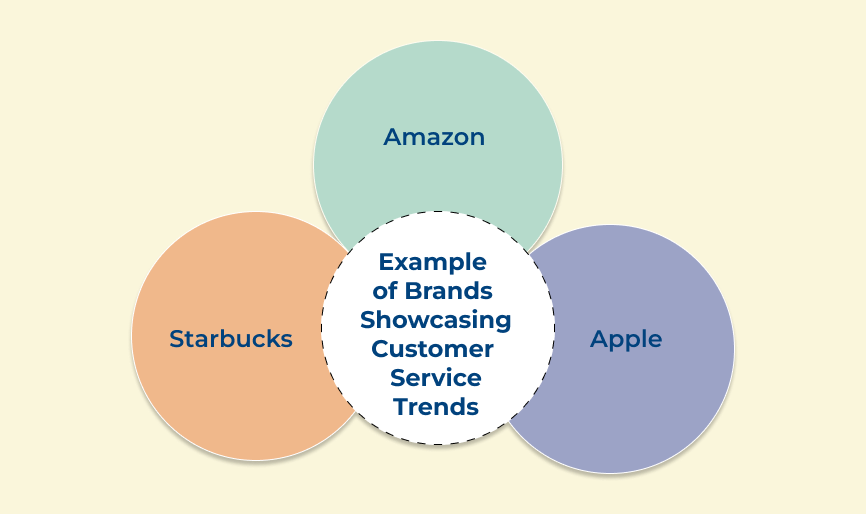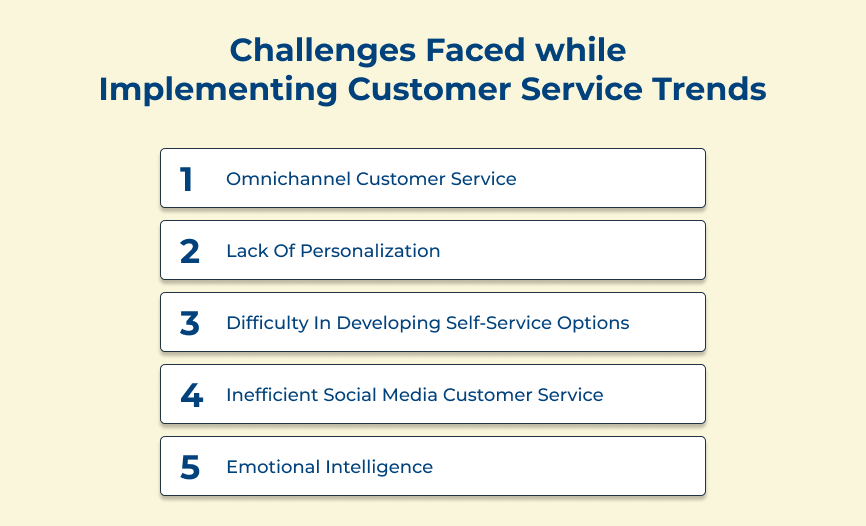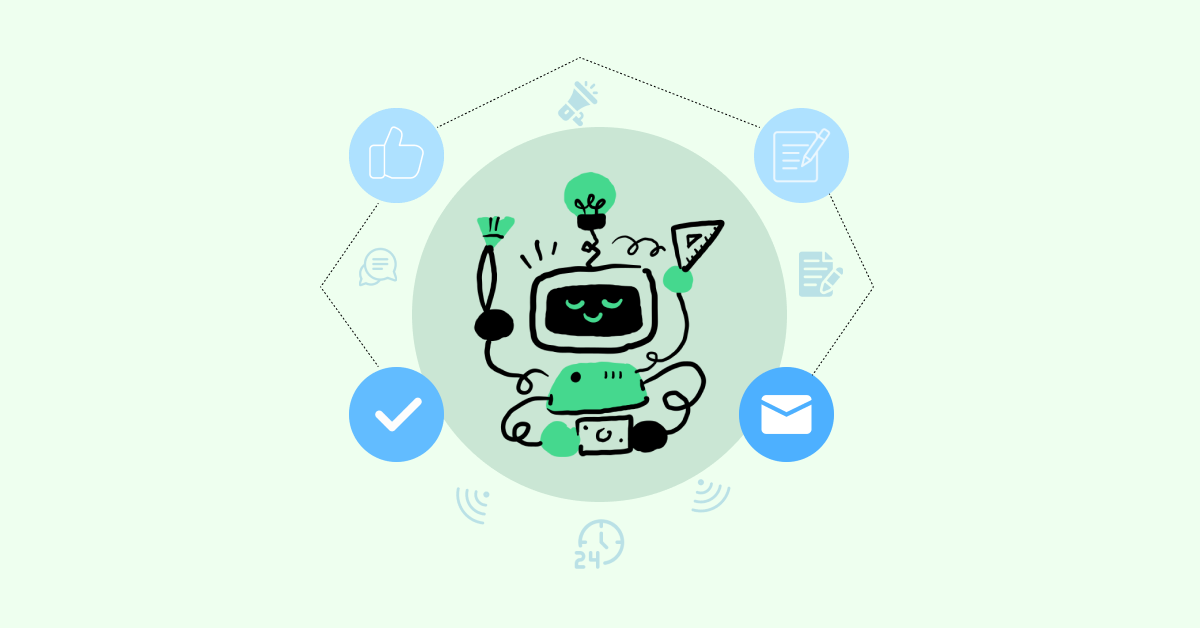An example of automated self-service is the use of interactive voice response (IVR) systems in call centers. Instead of waiting on hold for a live agent, customers can now navigate through a series of menu options to get the information they need or complete certain tasks. The approach saves time for both the customer and the call center, ensuring a more efficient customer service process.
Ways to implement:
● Online portals or mobile apps: Create user-friendly online portals or mobile apps where customers can access their accounts, check the status of their orders or perform common transactions.
● Chatbots: Utilize artificial intelligence-powered chatbots to provide instant responses to customer inquiries and guide them through common troubleshooting steps.
● Knowledge bases: Develop comprehensive knowledge bases or FAQs on the website that address common customer queries.
4. Efficient Customer Service
Customer service has become increasingly important for companies to prioritize customer satisfaction and provide exceptional service. Customer service has now evolved from being just a department to being a core part of a company’s culture. Having a strong customer service culture ensures that every employee understands the significance of delivering excellent service and puts customers at the center of their work.
One example of a company with a remarkable customer service culture is Zappos. They have built their reputation around providing outstanding service, going as far as offering free returns and 24/7 customer support. Zappos’ commitment to its customers has resulted in a loyal customer base and positive word-of-mouth marketing.
Pro tips:
● Training and development: Provide comprehensive training to all employees on customer service skills, including active listening, empathy, and problem-solving.
● Empower employees: Encourage them to take ownership of customer issues and provide solutions that exceed expectations. Give them the authority to resolve issues.
● Measure and reward: Implement metrics to evaluate customer service performance and reward employees who consistently deliver exceptional service.
5. Support Automation with AI Chatbots
AI chatbots use artificial intelligence to understand and respond to customer queries in real time. They can handle multiple conversations simultaneously, ensuring quick and efficient customer service. The ability to learn and improve over time makes AI chatbots provide relevant solutions, enhancing the overall customer experience. Automating repetitive is an effective way for businesses looking for increased productivity and cost savings.
An excellent example of the power of AI chatbots in support automation is the banking industry. Banks have incorporated chatbots into their online platforms to give customers instant answers to frequently asked questions, help with account management and even initiate financial transactions. The chatbots simulate human-like conversations, making customers feel as though they are interacting with a real person.
Pro tips:
● Track customer queries: Identify common customer queries and develop a comprehensive knowledge base for the chatbot to draw from.
● Personalize response: Personalize the chatbot’s responses to create a more engaging and human-like interaction with customers.
● Analyze and monitor: Continuously monitor chatbot performance to identify areas for improvement and optimize customer experiences.
6. Personalization is a Must-Have
Personalization involves tailoring products, services and experiences to meet individual customer preferences. Businesses should start by collecting customer data and analyzing their preferences. The data can then be utilized to create personalized recommendations, customized offers and targeted marketing campaigns.
Utilizing customer feedback and incorporating AI technologies can further enhance the personalization experience even for data-rich sectors like the automotive industry. Imagine receiving a personalized email from your favorite clothing store, recommending new arrivals based on previous purchases. The kind of tailored approach makes the customer feel valued and understood, increasing their loyalty to the brand.
Key benefits:
● Enhanced customer experience: Personalization allows businesses to provide a more customized and relevant experience for their customers, resulting in increased satisfaction.
● Improved customer engagement: Personalized interactions create a deeper connection with customers, leading to higher levels of engagement and interaction with the brand.
● Higher conversion rates: Businesses can see an uptick in conversion rates by tailoring marketing and promotional efforts to individual customers.
7. Social Media Channels for Connecting
Connecting via social media channels is important because of the accessibility it provides. Customers can reach out to brands easily and receive quick responses, eliminating the frustration of long wait times. The accessibility demonstrates a commitment to customer service, which is crucial for fostering positive relationships with customers.






